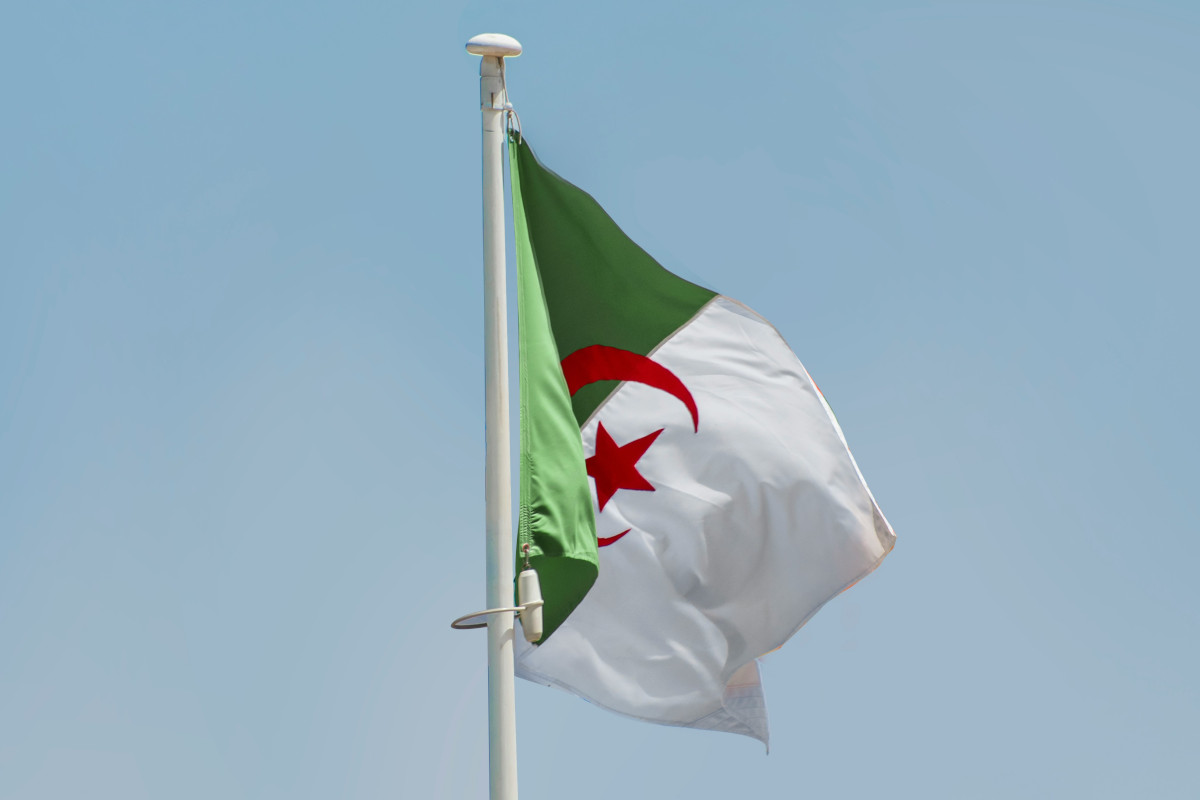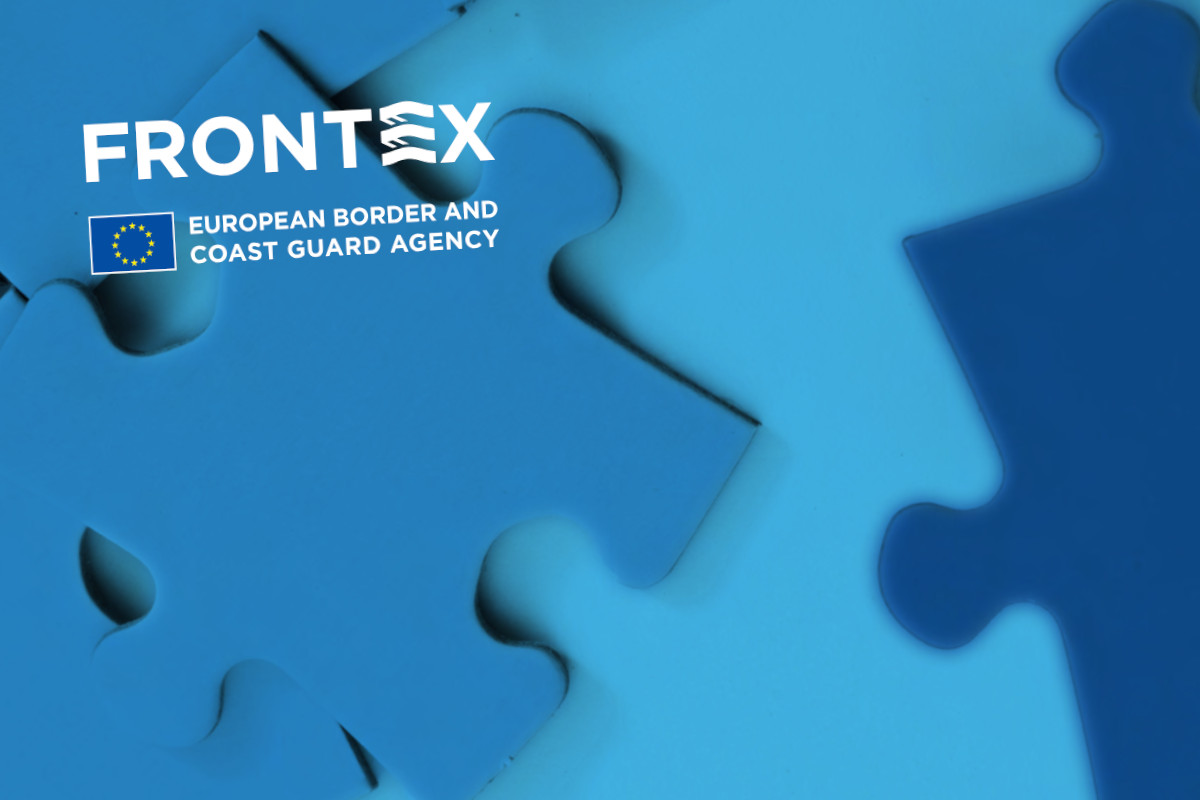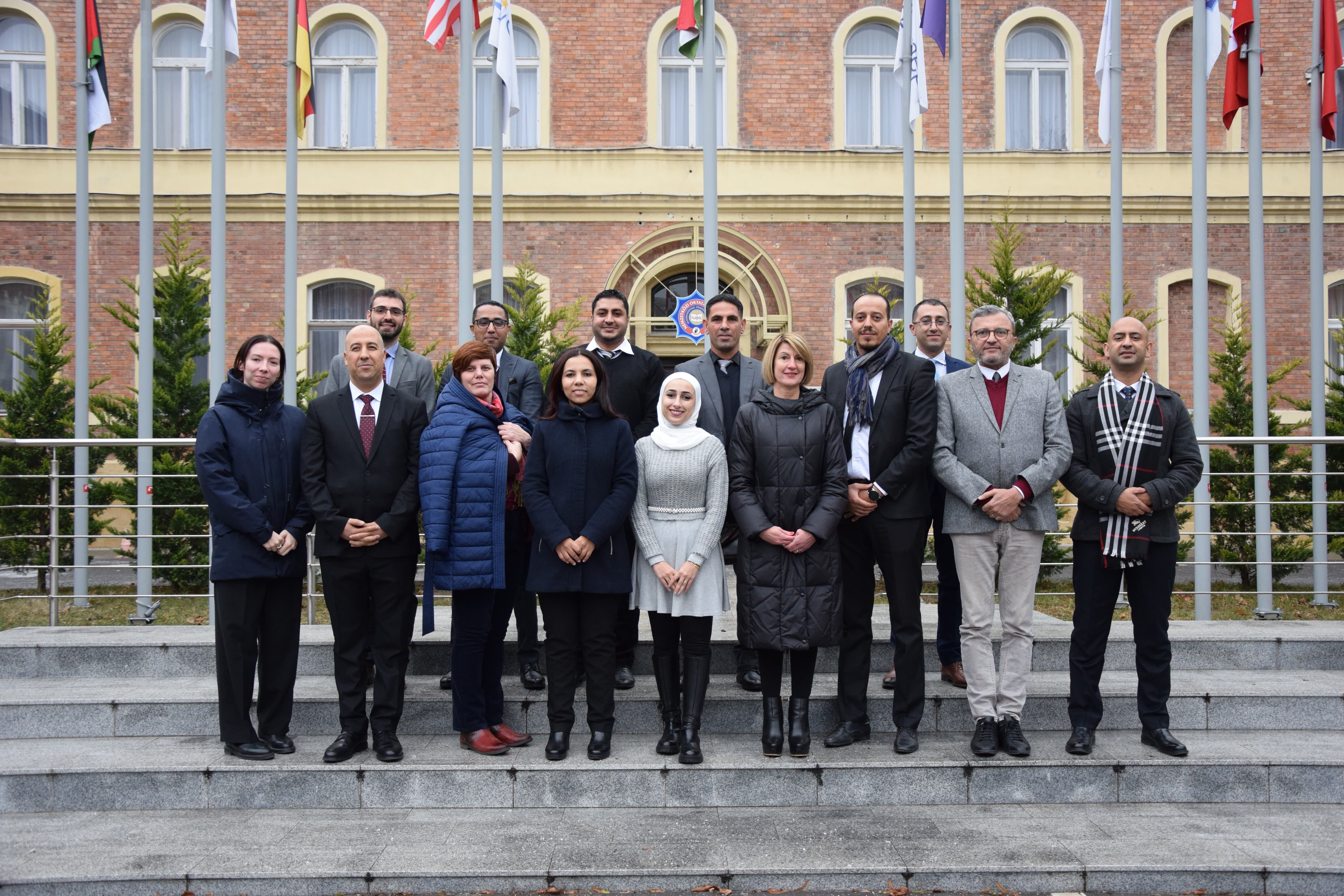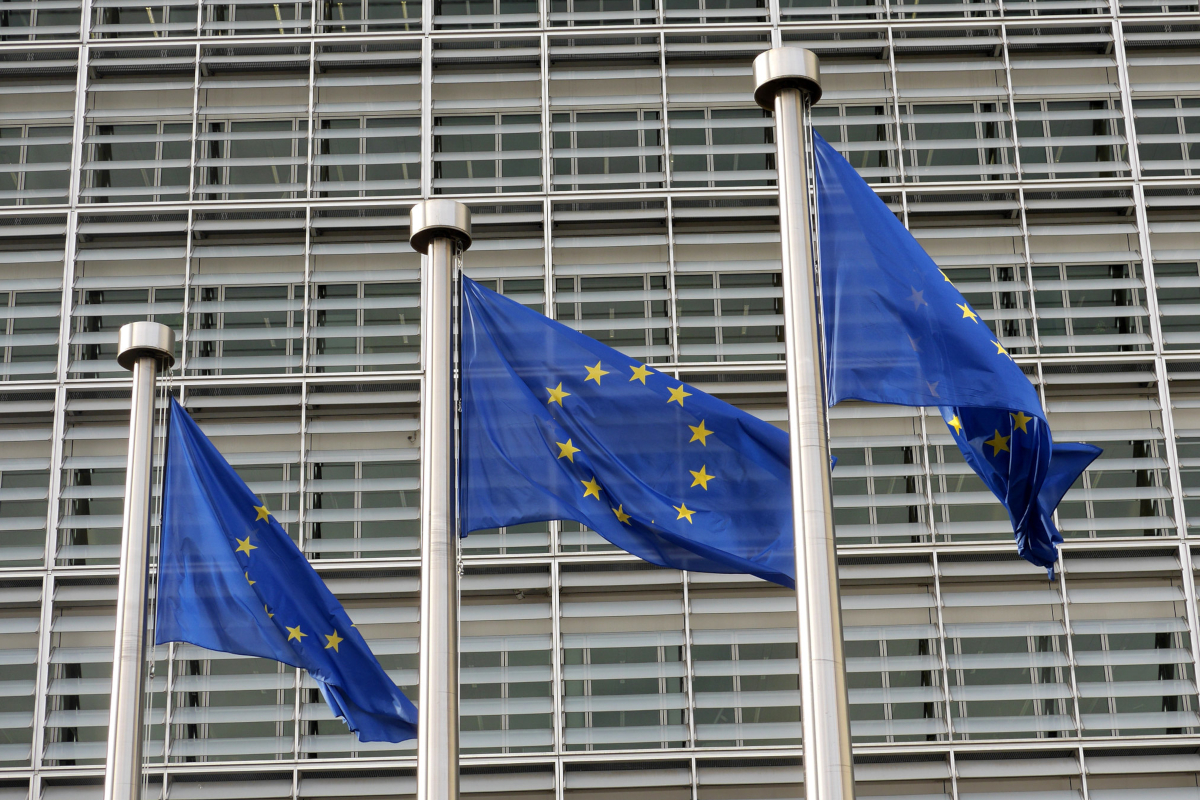Algeria: Migrants face raids, mass expulsions, and hate speech
Topic
Country/Region
28 May 2025
In recent years, there has been an alarming rise in hate speech and persistent incitement against migrants from sub-Saharan Africa in Algeria. Racist rhetoric is widely circulated in some media outlets and on social media, underpinning a general climate of marginalisation and discrimination. A joint letter signed by 20 organisations from Europe and Africa calls on the Algerian authorities to halt arbitrary mass expulsions of migrants, and to end policies that criminalise civil society organisations standing in solidarity with them.
Support our work: become a Friend of Statewatch from as little as £1/€1 per month.

Image: aboodi vesakaran, Unsplash
Since the outbreak of diplomatic tensions between Algeria and Mali, which began in 2022 over Algeria’s role in mediating the Mali peace agreement and escalated last year with a series of mutual accusations of interference and support for armed groups, leading to the suspension of security cooperation, sub-Saharan African migrants have become the target of widespread racist and incitement campaigns. Some Audiovisual media outlets and influential pages and accounts on social media (Facebook) systematically fueled this wave of hatred. They spread discriminatory rhetoric, even explicit incitement to hatred, and calls for caution, rejection, and expulsion. Meanwhile, the Algerian authorities remain deafeningly silent about this violent and inhumane campaign against migrants.
This hate campaign has contributed to creating a climate of fear, insecurity, and humiliation for people already living in extremely vulnerable situations. The Algerian authorities have not issued any official position, adopted any pacifying rhetoric, or taken any real protective measures. On the contrary, the authorities have responded to this campaign by carrying out mass arrests, raids on residential neighborhoods, mass expulsions, and forced returns to Niger, where conditions are inhumane, in flagrant violation of international law.
In 2020, Algeria adopted Law No. 20-05 of 2020 on the Protection from and Combating of Discrimination and Hate Speech. This aforementioned law was supposed to reflect a commitment to combating all forms of racism. However, the law was never applied to curb racist or xenophobic rhetoric against foreigners and migrants. Documented cases demonstrate how this law selectively targets human rights activists, particularly to suppress political expression or punish them for denouncing discrimination.
Amid climate of discrimination and hostility, Algerian authorities further pursued a repressive and systematic policy of expulsion. The authorities intensified these practices significantly since the signing of the bilateral repatriation agreement with Niger in 2014. In 2024, more than 31,000 people were expelled to Niger, according to humanitarian organizations (Alarme Phone Sahara), a staggering number that reflects an austere approach to migration, without any legal safeguards.
More recently, from 1 to 21 April 2025, Algeria expelled more than 4,900 people to Niger, including 2,753 Nigeriens expelled via official convoys, including 308 minors and 196 women. 2,222 migrants of various African nationalities were further expelled in unofficial convoys. They were abandoned at what is known as ‘Point Zero’ and forced to walk approximately fifteen kilometers in the desert to the town of Assamaka, without water or food and in inhumane conditions, according to Alarme Phone Sahara.
These practices expose the active and systematic participation of the Algerian authorities in this wave of racism, through repressive policies implemented since 2014, years before the recent events.
In this dangerous climate, the signatories call for:
- Unequivocal condemnation of hate speech, violence, arbitrary arrests, mass expulsions without legal safeguards, and the criminalization of solidarity activists.
- Algeria to adhere its international obligations, in particular the Geneva Convention (1951), the International Convention on the Protection of the Rights of All Migrant Workers and Members of Their Families (2005), International Labor Organization Convention No. 97 concerning Migrant Workers (ratified in 1962), and the Kampala Convention.
- The Algerian authorities to immediately halt arbitrary expulsions, guarantee the right to asylum and effective means of appeal, and adopt preventive national legislation, in consultation with independent civil society.
- The relevant regional and international bodies to investigate the current situation, determine responsibilities, and make clear recommendations, particularly the African Commission on Human and Peoples’ Rights, the Office of the High Commissioner for Human Rights, the International Labor Organization Committee of Experts, and the UN Special Rapporteur on the Rights of Migrants.
- The effective implementation of Law 20-05, not against activists and opponents, but against the real instigators of hate speech.
We reaffirm our determination to defend the dignity, rights, and security of sub-Saharan African migrants in Algeria in the face of this repression, discrimination, and injustice. We further affirm our solidarity and unity in our demand for immediate and lasting reform of Algeria’s migration policies.
Signatories
Our work is only possible with your support.
Become a Friend of Statewatch from as little as £1/€1 per month.
Further reading

Violence at a distance: Frontex’s increasing role outside the EU
The EU tries to keep ‘unwanted’ people out by outsourcing border control to non-EU states. Frontex, the EU’s border agency, play a key role in a “web of violent deterrence” that is deeply-rooted in Europe’s colonial past. Every year, the agency publishes a report on its work in and with non-EU states. The latest edition demonstrates how its role has expanded, whilst glossing over or ignoring human rights violations.

How the EU police training agency is cosying up to the Arab League’s political extradition body
CEPOL, the EU police training agency, is collaborating with the Arab League’s political extradition body in spite of its human rights obligations.

Border security with drones and databases
The EU’s borders are increasingly militarised, with hundreds of millions of euros paid to state agencies and military, security and IT companies for surveillance, patrols and apprehension and detention. This process has massive human cost, and politicians are planning to intensify it.
Spotted an error? If you've spotted a problem with this page, just click once to let us know.

